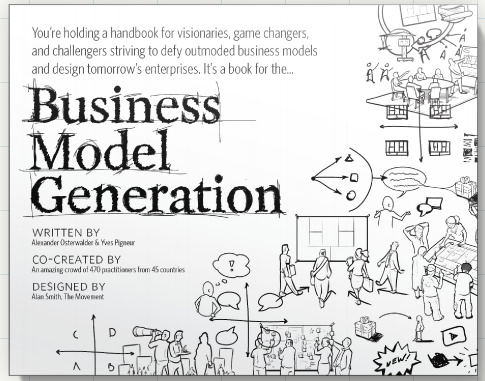Product Lifecycle Management
Visit by Frantz Rowe, Uni. Nantes, and research seminar entitled Use of Qualitative Comparative Analysis for Product Lifecycle Management
Nowadays IT is commonly used to support Co-Development with suppliers. Its use should ideally limit misunderstandings related to sticky knowledge (i.e. sticky glitches). This research investigates configurations of resources such as Product Lifecycle Management (PLM) system and boundary spanners when supplier responsibility and project novelty vary. Using fuzzy-set Qualitative Comparative Analysis (QCA) this paper shows that, for limiting sticky glitches, the use of PLM often has to be combined with human mediation of a boundary spanner. However, in projects where the supplier responsibility and project novelty are limited, the use of PLM systems can be sufficient for limiting sticky glitches. This paper reveals both a causal complexity effect of resources and conditions, and a causal asymmetry effect of boundary spanner participation on sticky glitches. The research also highlights the significance of supplier responsibility and contributes to a better understanding of PLM system’s role in managing co-development.
Frantz Rowe is Professor of Information Systems at Univerity of Nantes and at SKEMA Business School. He was trained as an Engineer (ENTPE and MS UC Berkeley) and as an Economist (Université de Lyon). He holds a PhD from Université de Paris in MIS. He is co-Editor of the European Journal of Information Systems and is a Fellow of the AIS. His principal research interests pertain to organizational and IS function transformations, especially as related to enterprise systems and agile methods. His interests also include philosophy and information systems. His last journal publications include a paper titled “Integration of information systems and cybersecurity countermeasures: an exposure to risk perspective” (Forthcoming in The Database for Advances in Information Systems) and “Literature Reviews in IS Research: What Can Be Learnt from the Past and Other Fields?” (Communications of the AIS).




